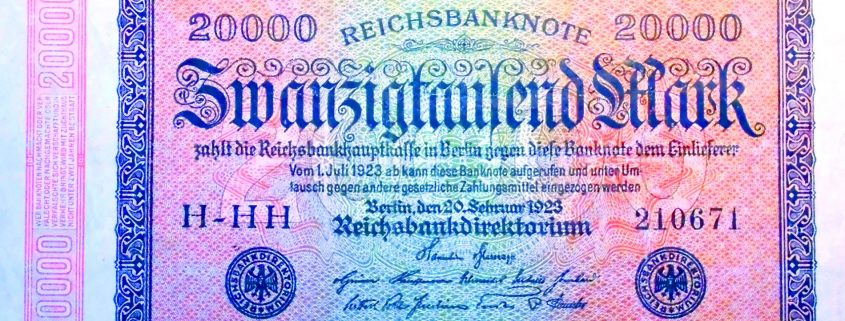Who’s to Blame for Claim Inflation?
Marketers love comparisons. Especially copywriters. It seems every product advertised is the best product anyone could buy. It’s the “fastest car,” the “toughest truck,” the “whitest smile,” the “easiest decision,” the “smoothest ride…” Such claims are enticing; they promise to exceed our expectations.
And it doesn’t stop with consumer goods. Manufacturers promote their equipment as “state-of-the-art” and “best in class.” Nonprofits promise to do “the most good for the most people.” And colleges claim their schools are “ranked among the best…”
Time after time, we fall for these claims, only to discover a better option, shortly after we’ve made our decision. We find ourselves victims of buyer’s remorse, and we vow never to believe the same claim again. Such disappointments are the root of consumer skepticism.
It’s easy to blame the copywriters. “Why do they manipulate us so? Why do they treat us like sheep?” Of course, we all know the answer to those questions: They do it because it works. It works because we are programmed to find the best for ourselves.
In fact, we are programmed to think in terms of superlatives. It starts at an early age with grade-school worksheets: “Which animal is the biggest?” And it continues through college: “For each of the following questions, choose the best response.”
Rick Walton, author of 78 children’s books and frequent contributor to Boy’s Life and American Girl magazines, published a list of about 800 comparative word sets (e.g., big / bigger / biggest) on his website RickWalton.com, in a section designed to provide curriculum materials for teachers. [1] A noble gesture, but do we really need to learn 800 ways to say that something is the most of any characteristic? I mean, do we really need to learn words like “stubbiest” or “airworthiest”? Really?
Then again, identifying the biggest, or the fastest, or the most powerful, can be a fascinating game. Whose high school yearbook didn’t include category games like best dresser, best singer, most unlikely couple, most likely to live at home until the age of 35…
Advertisers understand our compulsion to be, or to own, the best. That’s why they make such unbelievable claims. One current Lincoln ad, for example, tells us “Don’t be surprised if you haven’t seen technology this intuitive before. No other car in the world has it. Actually, no other anything in the world has it.” Wow. If that’s true, it sure is bad news for the American space program.
Maybe it’s not the advertisers who are addicted to superlatives. Maybe it’s we consumers. Have we become so jaded that the only products we will consider are the ones that claim to be best… even when we know, intuitively, that such claims are almost certainly false?
Rationally, we should prefer claims that are believable, claims that are authentic, claims that are honest. These are the claims that build brand, long term, because they are the promises that can be kept. And kept promises are the foundation upon which long-term trust is built.
Instead, we continue to fall for – in fact, seek out – claims that almost certainly can’t be true.
Perhaps, next time we hear advertisers claim to be the best – in anything – we should ask ourselves these questions: (1) “Is it likely, and if not, why should I buy from someone who’s lying to me?” and (2) “How am I reinforcing this spiraling practice of claim-inflation, with my own purchasing decisions?”
Perhaps, next time we hear advertisers claim to be the best – in anything – we should ask ourselves these questions: Is it likely? And if not, why should we reinforce this spiraling practice of claim-inflation, with our purchasing decisions



